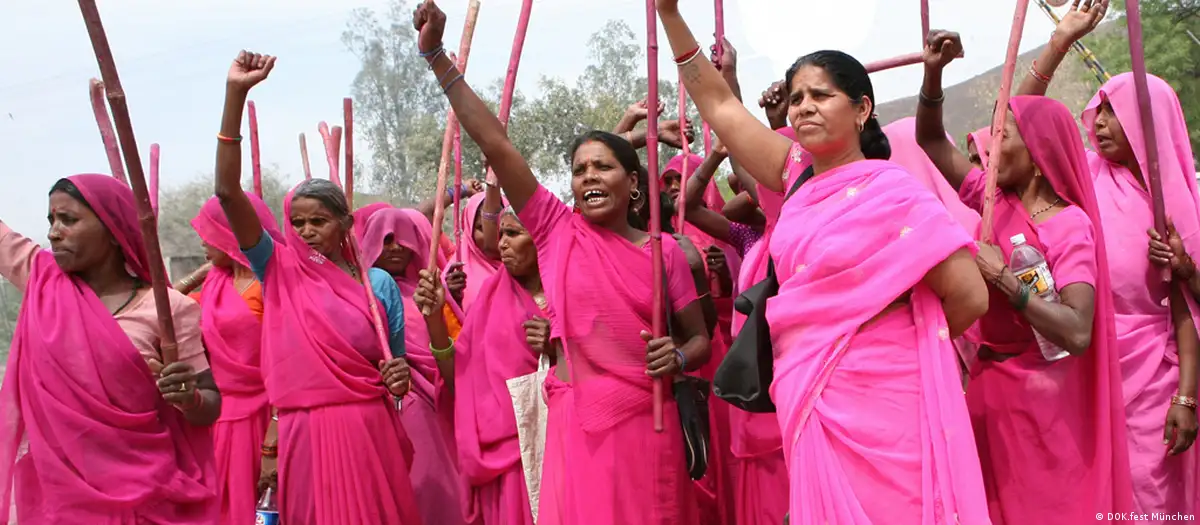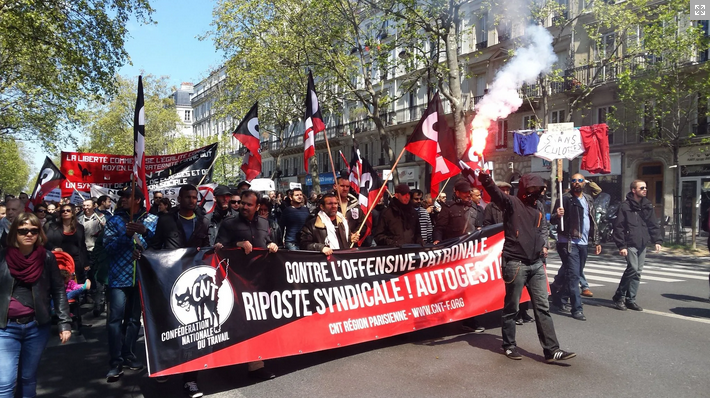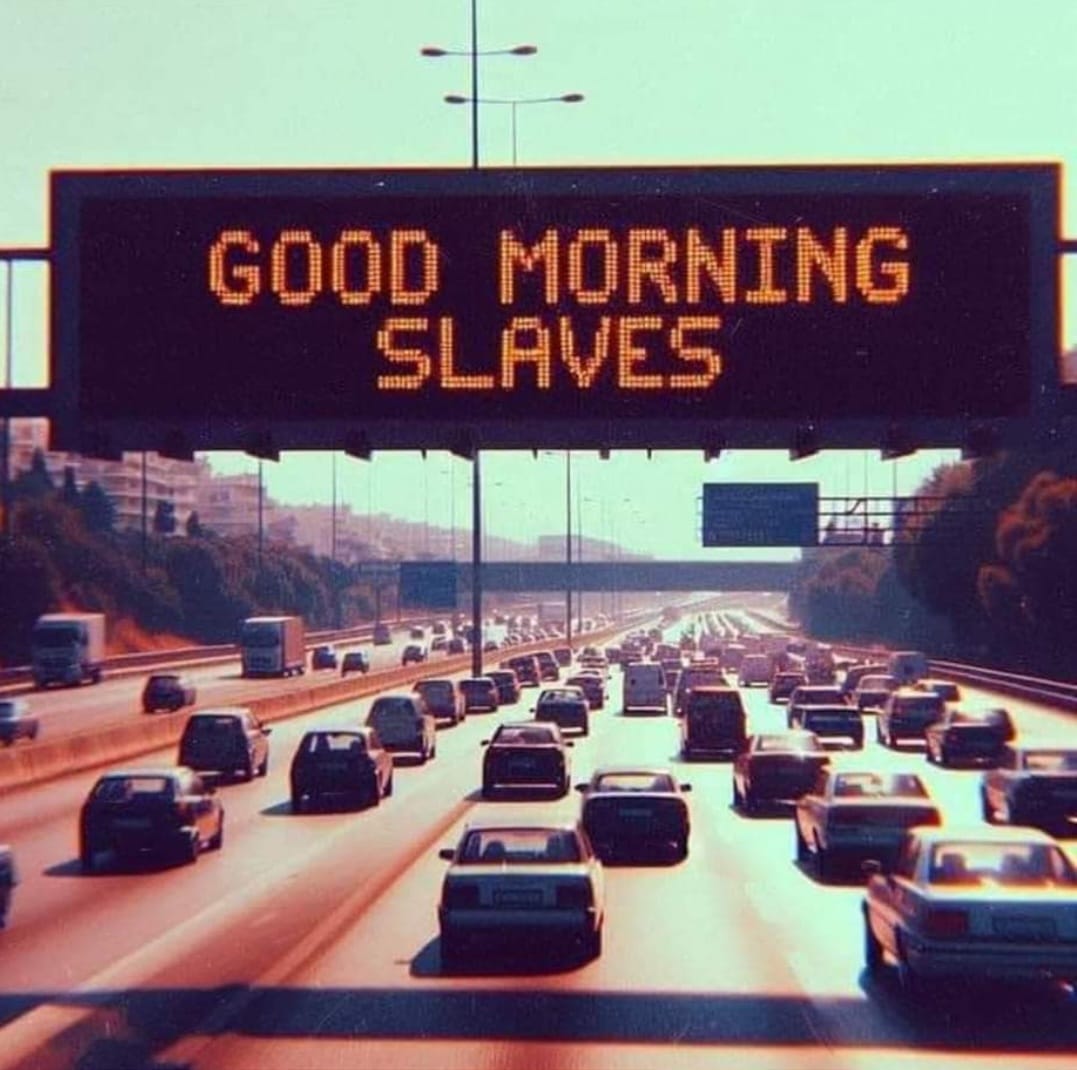I worked at RMIT as a research assistant for 5 years, the link below is something I came across in my travels. My bosses at RMIT were all feminists; we were wearing our jaws on the floor reading this.
‘It is clear from these data on labour inputs that the three largest industries in the economy are not in the market sector but are in the everyday household activities of (1) preparing meals, (2) cleaning and laundry and (3) shopping. Each of these activities absorbs about 70 mhw of labour time; the three largest market industries require rather less labour: wholesale and retail trade 55 mhw, community services (health and education) 47 mhw and manufacturing 42 mhw.’
These are Australian government statistics as well. We spent a lot of time looking at the devaluation and invisibilisation of domestic work, even as it is the single biggest contributor to GDP the last time anyone checked. It’s almost as though the DARVO tactics of domestic abusers also governs the value (or not) of gendered forms of work. Maybe there’s something in that.
My two cents is, domestic care work is the biggest and most structurally critical industry in the economy. Domesticity should be unionised. Cooperative domestic unions could, if nothing else, be one way to develop support networks for women needing to escape domestic abusers. The Domestic Care Worker Underground Railroad maybe.






Focus on the lack of State and Federal funding for 24/7 shelters!
Women need choices long before their need, their domestic violence, becomes a legal issue.
Look at the pretend argument over the closure then move of Perth’s only 24/7 facility run by Ruah. it was between the two most privileged contenders for the next election – Premier Cook (getting set for his cushy post-politics job) versus Perth Lord Mayor Zempilas (getting set for his cushy politics job). Both wanted to destroy it, but the argument suited them both by allowing them to pretend that they cared.
A 2016 Agenda (UK) report found that the most extensive violence and abuse was directed against women in poverty (14%, which is one million women) at more than twice the rate for women not in poverty (6%). Extensive, comprehensive government funding is needed – but those politicians want the funding to go to their Stage 3 tax giveaways.